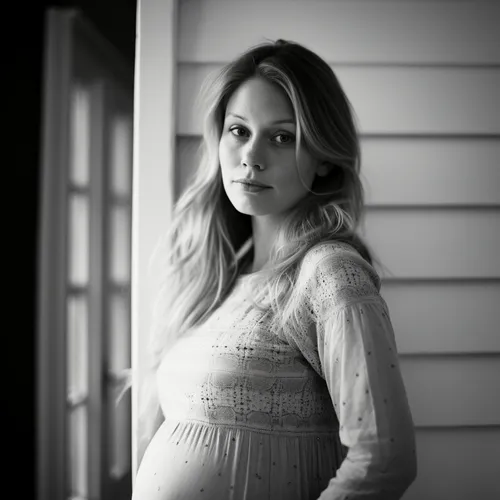Getting a positive pregnancy test is an exciting moment. But it also leaves expectant mums with lots of questions about the upcoming months. One common question is: when will my baby bump begin to show?
The timeline varies quite a bit for each woman. In general, doctors say you can expect to start showing somewhere between the late first trimester and mid second trimester. That’s around 12 to 20 weeks pregnant. But there’s a wide range of what’s considered normal. Some women show sooner and others show later.
Factors That Affect When You’ll Show
There are a few key factors that influence when and how a mum-to-be will start showing during pregnancy:
- The position of the uterus – Women with a uterus tilted forward may show sooner than those tilted backward.
- Separation of abdominal muscles – If you have a gap in the abdominals, you may show earlier in pregnancy.
- Body shape – Your height and torso length can play a role. Shorter women sometimes show sooner.
- Uterine conditions – Fibroids that enlarge the uterus will typically cause a bump to show sooner.
- Previous pregnancies – Second time mums tend to show sooner than first time mums.
Showing With Second Pregnancy
Mums pregnant with their second baby often start showing a bit earlier than first time mums.
Experts explain that in a subsequent pregnancy, the abdominal muscles are more relaxed and can stretch more easily. So the uterus is able to move up and out of the pelvis sooner compared to a first pregnancy.
If it’s not your first pregnancy, you may notice a bump a few weeks sooner than last time.
Showing With Multiples
Expecting twins or triplets? You’ll likely start sporting a baby bump sooner than women pregnant with one baby.
Doctors say that once the uterus is larger with multiples, you would show earlier, often before 12 weeks.
And if it’s your second time having multiples, you’ll probably show even sooner than your first twin pregnancy.
Bump Progression Week by Week
While every bump is unique, you can expect your baby bump to progress on a typical timeline:
- First trimester – Your stomach may look slightly puffy but you likely won’t have an obvious bump yet. By the end of the first trimester, your trousers may feel tighter.
- Second trimester – Around the 20 week mark, halfway through the second trimester, you’ll probably have a noticeable bump.
- Third trimester – Your bump grows quickly as baby gets bigger in the final months.
Remember that bump size isn’t an accurate indicator of your baby’s size or growth. Some women carry small and others carry large. Stay in touch with your midwife about proper growth measurements.
What If I’m Not Showing As Expected?
It’s common to feel concerned if you’re not showing as early as expected. But doctors say this is usually nothing to worry about. Variations in bump timelines are normal.
Mention your concerns at your next prenatal appointment. Your midwife can measure your bump and perform an ultrasound if needed to check on growth.
Try not to compare your bump size with other mums. Focus on staying healthy and enjoy watching your unique bump blossom!
Looking After Your Changing Body
As an expectant mum, your body will go through many changes during the next nine months. Here are some tips to help take care of yourself:
- Stay hydrated by drinking plenty of water each day. Dehydration during pregnancy can cause complications.
- Choose nutritious foods like fruit, vegetables, lean protein and whole grains. Proper diet will help your baby develop.
- Stretch and exercise regularly to prepare your body for labour and delivery. Walking, swimming and prenatal yoga are great options. But consult your midwife before starting any new exercise regimen.
- Get enough rest. Growing a baby is hard work! Aim for 8-10 hours of sleep each night.
- Reduce stress through relaxation techniques like meditation, warm baths and prenatal massage. High stress levels during pregnancy have been linked to developmental issues.
- Take prenatal vitamins with folate and iron as recommended by your midwife. Vitamins help support you and your baby during pregnancy.
The months ahead will bring an amazing journey as you bond with your baby and become a mum! Stay positive and care for your body so you can have the best pregnancy experience possible.
Photo by Ignacio Campo on Unsplash
Zoom Baby is a leading supplier of Pregnancy Tests and Ovulation Test Kits




